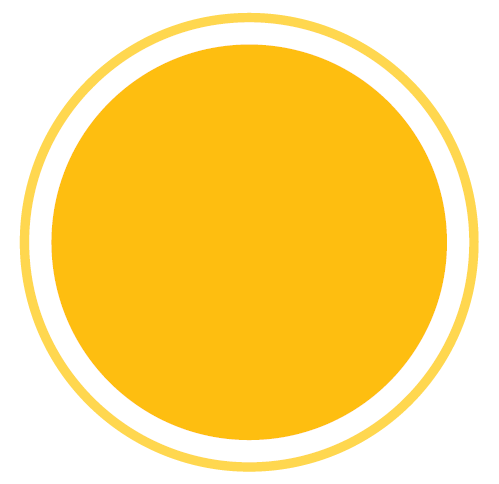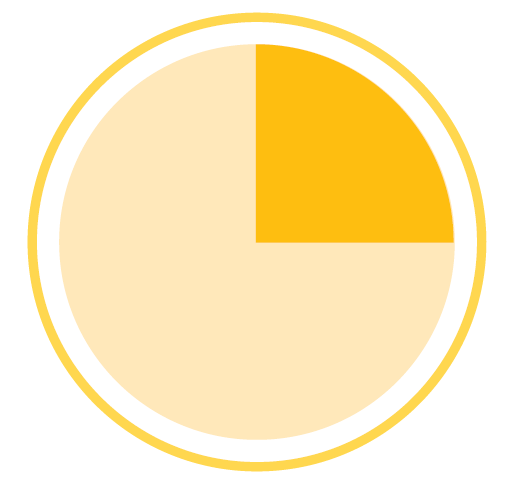Objective A1
By 2019, ensure undergraduate students from any program of study will have the opportunity to learn about sustainability in their courses
Progress: Completed

Description: Waterloo has a strong foundation of sustainability courses across campus at the undergraduate level. The Faculty of Environment’s efforts to develop a campus-wide online fundamentals course and create a Sustainability Diploma, as well as integration into PD1 for co-op students, will help build foundational access among undergraduate students.
Objective A2
By 2025, identify and implement flexible strategies for 5 programs of study to more deeply integrate sustainability within the curriculum
Progress: Completed

Description: Some efforts have been initiated to link sustainability concepts and issues to specific disciplinary competencies in parts of the campus. This has built some initial momentum and can generate knowledge and experience for other academic departments, however further effort will be needed to accelerate progress.
Objective A3
By 2025, every startup emerging from supporting programs at Waterloo will have access to tools and training to embed sustainability into their emerging business plans and models
Progress: Started

Description: The launch of new programs and expansion of existing programs to connect students with resources indicates promising initial progress. Further effort can be made to define, develop, and advertise tools and resources for participants within existing entrepreneurship programs.
An accessible version of the data can be downloaded here: SDG Related Courses 2026 (Excel)
Indicators


Actions and accomplishments
Related links
Explore more of Waterloo's progress: